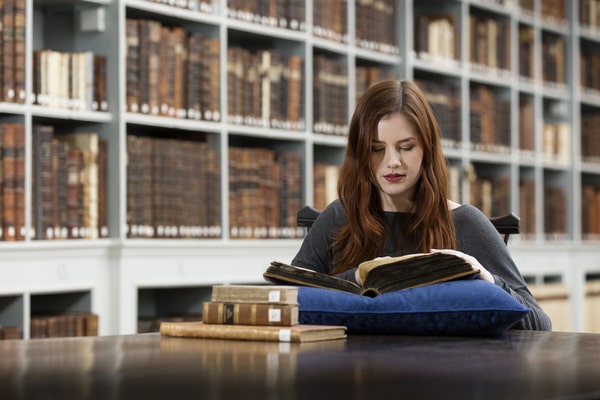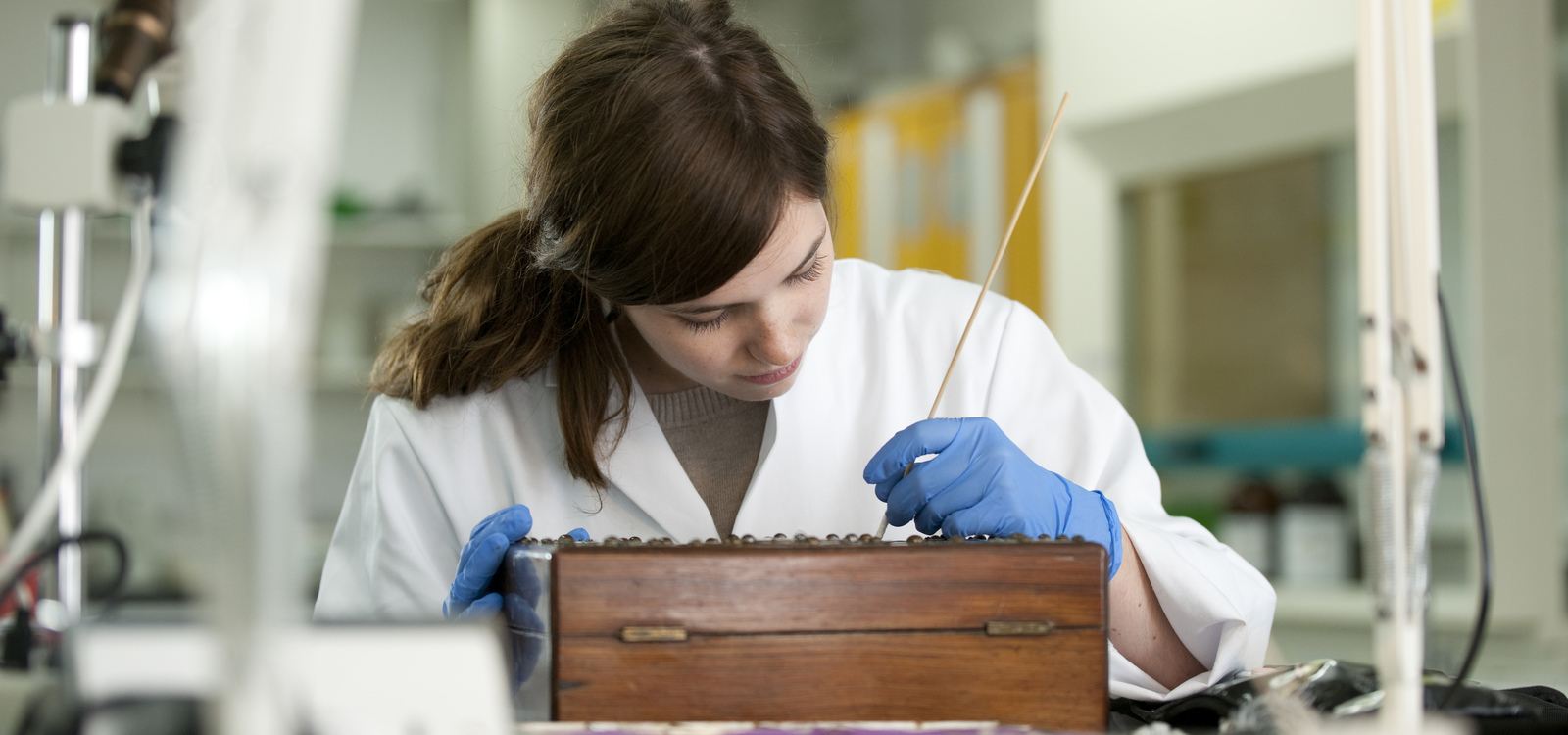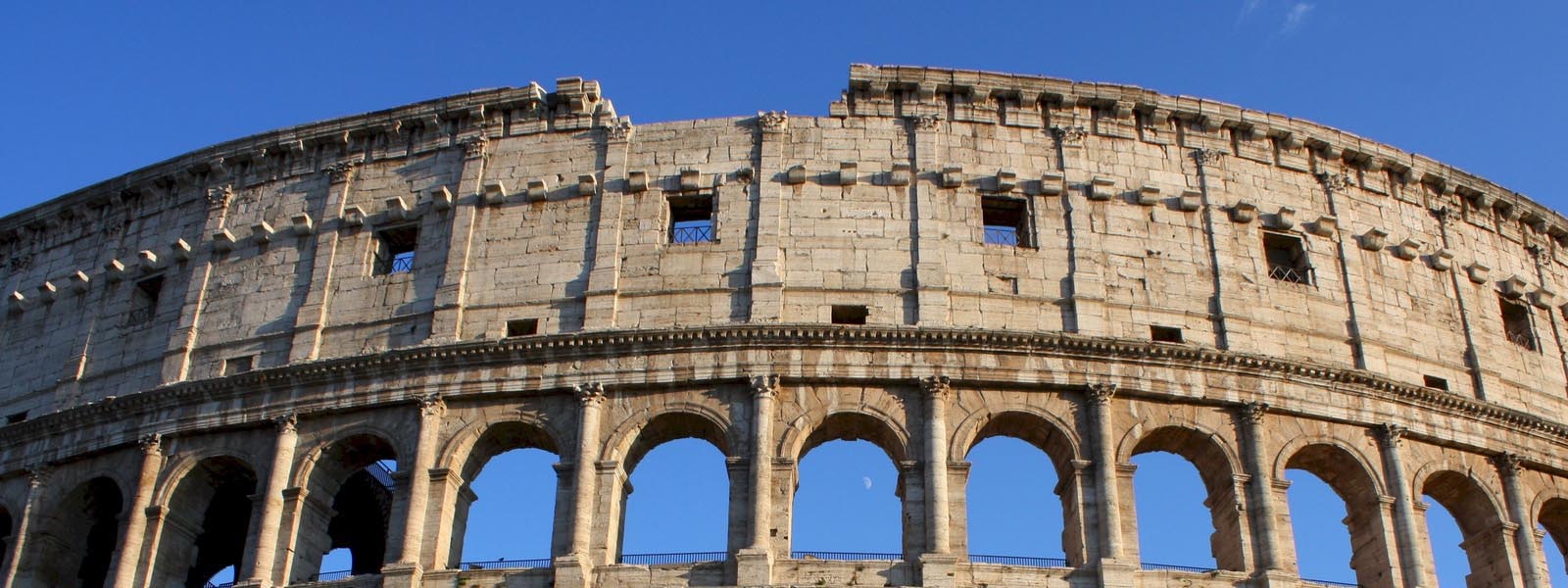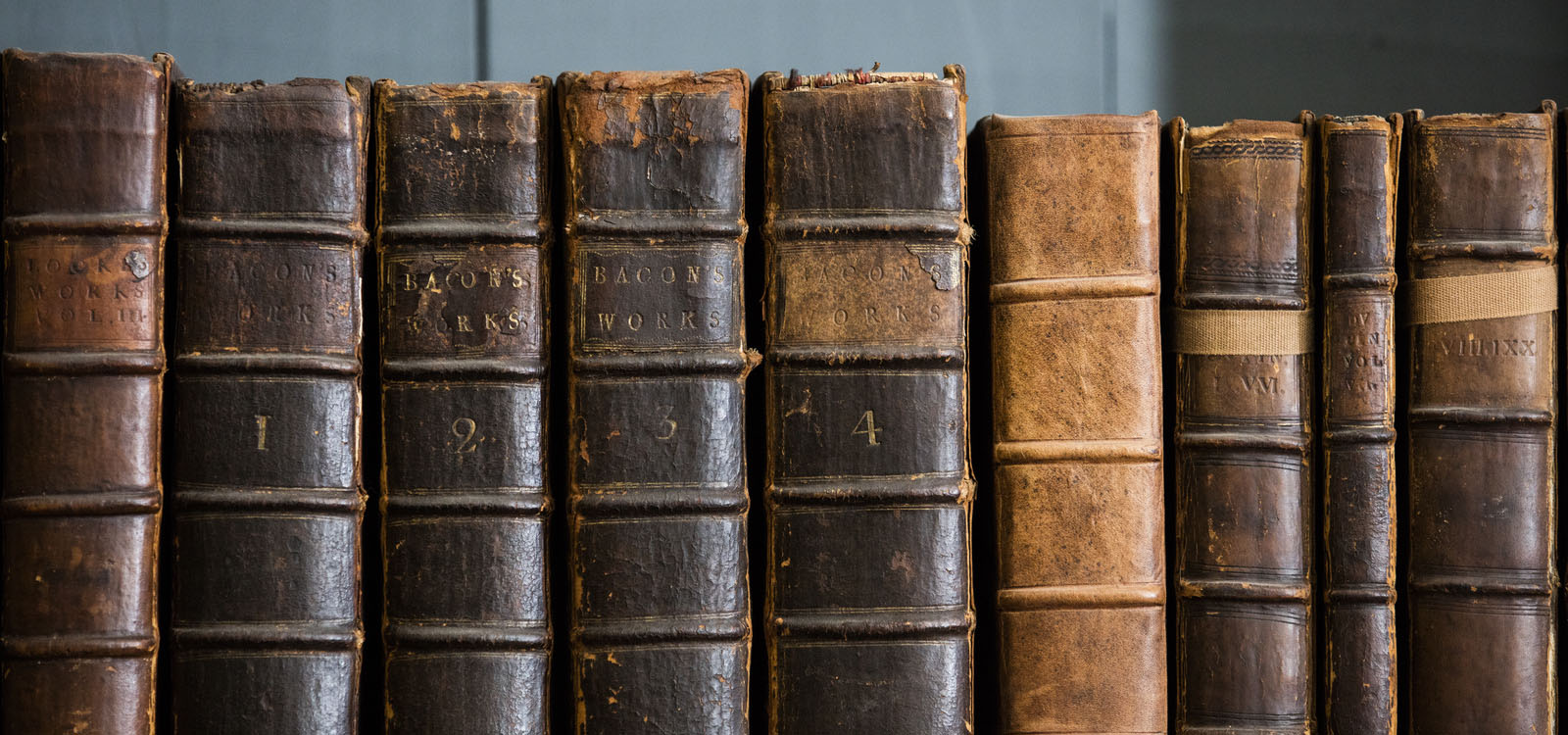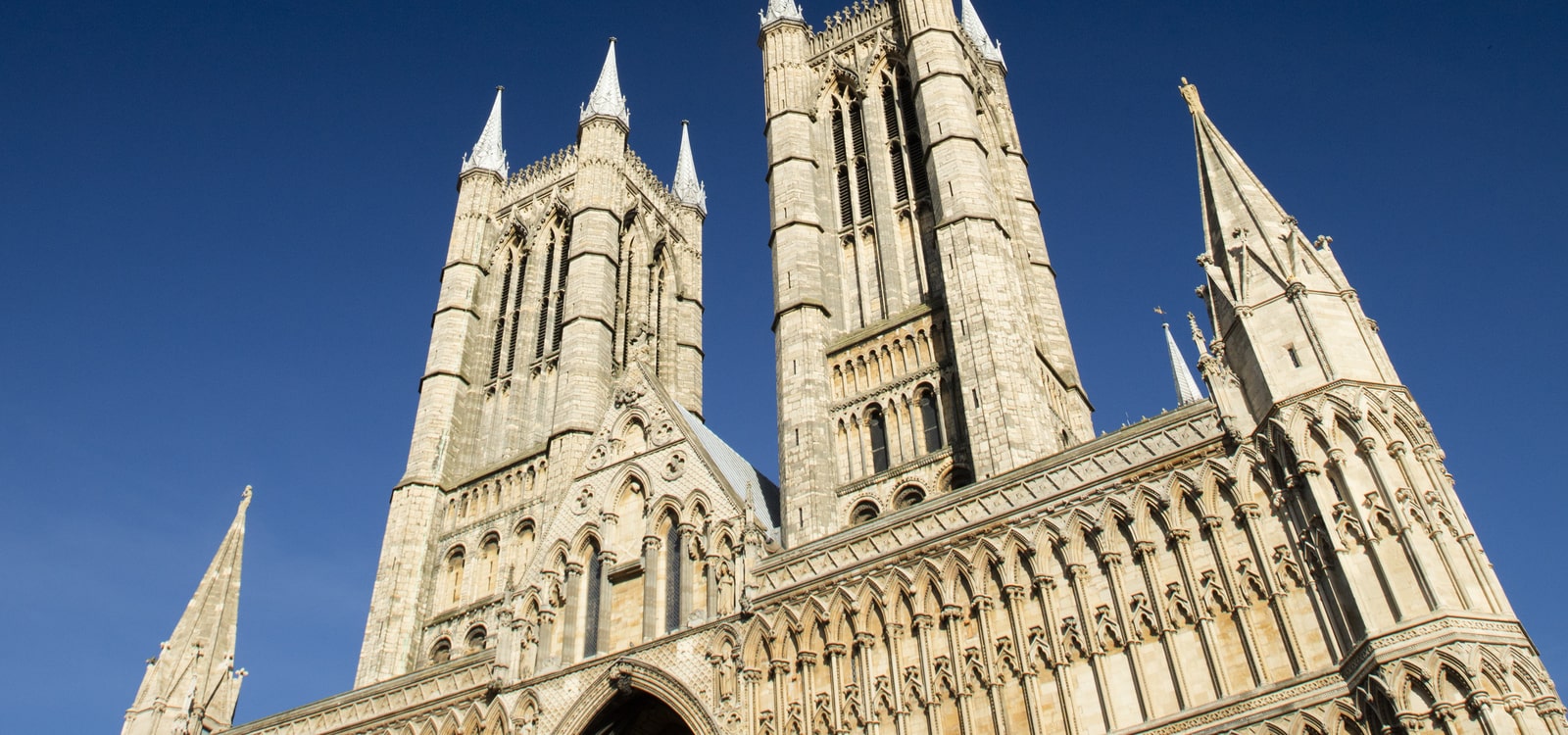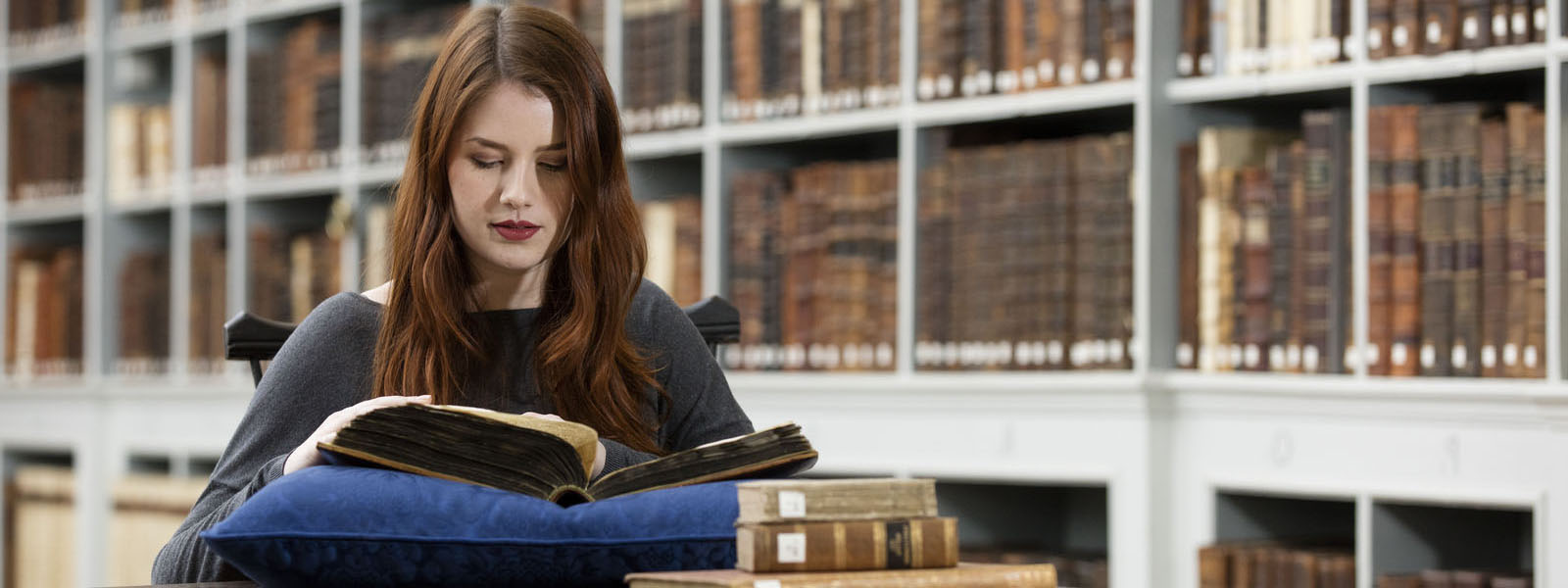Module Overview
This module aims to prepare students for designing their dissertation (independent study) proposals and for applying to jobs and postgraduate programmes. Students will explore how to prepare for and ensure success in their dissertations, employment, and study/research by identifying and articulating their transferable skills, breadth of knowledge, expertise, and interests. The module will provide information on how to become aware of opportunities, to plan and prepare for the future, and to build on their undergraduate careers.
Module Overview
This module aims to introduce students to the different approaches to the study of history which have developed, with a particular focus on twentieth-century ideas and innovations, such as ‘history from below’, women’s and gender history, history of sexuality, cultural history, post-colonial approaches, and recent developments in the field. Students will be encouraged to think critically and creatively about how history has developed within the academy, as a particular branch of knowledge and as a discipline with its own rules and procedures.
Module Overview
This module provides students with the opportunity to resurrect and understand the ordinary lives of people like themselves and their forebears from the sources available to us. The course picks up on both well-established and recent trends in historical research that have sought to give voice to ordinary people and promote from the historical records the lives of marginalised people such as homosexuals, women, children, the working classes, ethnic minorities alongside more familiar narratives of the great and the good.
Module Overview
Beginning with the Royal Historical Society’s “Race, Ethnicity and Equality Report” (published in 2018), which raises urgent questions on the diversity of staff, students and curricula at History departments in UK universities, the module analyses live debates on “Decolonising the Curriculum” in higher education. We critique how histories of Empire, colonialism and slavery have been taught in Anglo-American settings, and introduce postcolonial analysis on archives, as well as the “Global South” and “indigenous knowledge” that have often been marginalised in Eurocentric historiographies.
Turning towards the University as a key apparatus of power in the contemporary world, the module then reveals the complex legacies of slavery in the making of a number of UK and US institutions including Liverpool, Bristol, Oxford (#RhodesMustFall), SOAS, University of Virginia and others. Introducing the new field of “Critical University Studies” (CUS), students will learn about the emergence of universities in former colonies including India and South Africa, as well as the phenomenon of “transnational education” that entails the establishment, by prestigious European and American institutions, of satellite campuses around the world. The module then unpacks public understandings of colonial history via recent scholarship on nationalism, patriotism, museums and memories, and ends with a hopeful reflection on pedagogies that will be more inclusive and intersectional in terms of race, class, gender, and sexual orientation. This module will be particularly suited to students who intend to develop careers in education.
Module Overview
The cultural heritage sector increasingly offers opportunities for the application of digital technologies as communication, research and recording tools. This module enables students to become familiar with some of these advanced recording techniques for the study and recording of objects.
Module Overview
The modern period has often been understood as a time when peace was considered the natural state of societies, where states and non-governmental groups have been concerned with achieving a lasting peace and avoiding repetitions of bloody conflict. Wars, however, have not become a thing of the past, and today we live in a condition of seemingly permanent war where civilians are often the primary targets. This module will look at how ideas and practices of war have altered in the last few hundred years, and how these notions have been contested and challenged. The module asks where these ideas came from, and how concepts of war and peace, and violence and non-violence have been reframed in various ways. The course is focussed on the nineteenth and twentieth centuries and moves chronologically from the Napoleonic wars, to contemporary conflicts through a series of case studies that cover wars, diplomacy, the aftermath of wars, and peace movements. Each case study will draw on key themes which run throughout the module, including pacifism, militarism, imperialism, culture, race, gender and nationalism.
Module Overview
This module examines British media and society in Britain from the end of World War I, through World War II, and into the uncertain waters of the postwar period and the 21st century. A range of domestic and international factors that shaped modern Britain will be investigated throughout the module, including the interwar slump, World War II, decolonisation, increased immigration, the ‘decline’ of the welfare state, the ‘Troubles’ in Ireland, the election of Margaret Thatcher as Prime Minister, and Britain’s unsteady relationship with Europe. These events not only shaped Britain itself but also occurred in dialogue with the increasingly powerful role of media in the 20th and 21st centuries. This module will bring specific attention to the ways in which the press, cinema, radio, television, music, and also the web reflected, engaged with, and sometimes shaped popular understandings of society, culture, and politics in the period. We will examine this history of media in conjunction with a history of British society in order to investigate claims by historians that a ‘democratic culture’ emerged in 20th century Britain.
Module Overview
East Asian cultural products such as cinema, pop music, television programmes, and comics have taken the world by storm in recent years. Together, these products and their industries have exposed East Asian popular culture and its influences to new audiences in new markets. This module aims to historicise East Asian popular culture, and perceptions and representations of East Asians in other popular cultures. It aims to equip students with a broader understanding of some of the processes and influences behind the rise of contemporary East Asian popular cultures. No prior knowledge of any East Asian languages is required.
Module Overview
This module will interrogate aspects of the history of gender and sexuality in Britain over a 250-year span, coinciding with the arrival of ‘modernity’. It will introduce students to debates over the relationship between gender, sexuality, and structural changes in society, economy and politics, as well as thinking about gender and sexuality as discourse and subjectivity. Further, it will introduce students to a wide range of source material for the social and cultural history of early modern and modern Britain and seek to develop their confidence in using such diverse sources skillfully.
The module takes a thematic approach, although within each theme, specific chronological examples will be examined. Thus continuity and change can be highlighted, and it is intended to resist a narrative of progress towards ‘modern’ liberal views of gender and sexuality. However, a clear chronological framework will also be developed through examples which will help students gain a clear understanding of context.
Module Overview
The United States emerged from the Second World War a superpower, with, to an extent, a belief that it could remake the world. The challenges of the Cold War years were to demonstrate how limited was that power. This module explores the key social, political, economic and cultural developments in the United States between 1945 and 1990.
Module Overview
This module analyses how physicians, other practitioners, and the public understood the body, disease, and health from antiquity to the modern era. The first part of the module will delineate how the medical system of Galen (2nd century AD) and humoral medicine guided Western medicine from antiquity until the 1800s. Students will then analyse the major challenges to this system from physicians such as Paracelsus, Vesalius, and William Harvey, as well as with the discovery of the germ theory of disease. Students will also explore the evolving role of states and local governments for public health, the development of the medical marketplace, changing understandings of the body, disease, and mental illness, and gender and medicine. The history of medicine will thus be placed in a greater religious, social, and cultural context, with a consideration of the role of medicine in popular culture. The module will therefore “embody” a cultural and intellectual approach to history and introduce students to the major historiographic debates in the history of medicine. Seminars will be primarily devoted to student-led case studies on specific themes, such as: Galenic case studies; Vesalius and anatomy, quackery in England; childbirth and midwifery; the rise of the medical profession; anatomy and the Anatomy Act; disease control and public health; madness and society; sexual health and the patient narrative.
Module Overview
This module introduces students to the understanding of exhibitions and curatorial practices. Following an introduction on the history of collections and museums, the course will explore the many issues related to the display of art and objects. It combines the study of theoretical approaches and the analysis of relevant case studies, and considers topics related to audiences for museums and exhibitions, the presentation and explanation of artefacts and artworks, and the new opportunities offered by digital technologies.
Module Overview
Italy is a highly-politicised and ideologically-divided country. Divisions and internal conflicts, which have reached dramatic peaks, are a permanent feature in Italian history. They mirror unsolved social and political contradictions that many historians consider to be the result of the process of the Italian Risorgimento. National unification was prompted by republicans, but it was the Monarchy that achieved it.
Module Overview
Works of fiction are not just a source of entertainment. They are a crucial and exciting route into understanding the past. Novels, short stories and poems allow us to understand how debates and ideas about society and identity circulated and how writers attempted to reinforce or change the way that readers looked at the world. This module will examine how a wide range of fiction produced in Britain in the nineteenth and twentieth centuries addressed the key themes of Class, Politics, Gender, Sexuality, Race and Conflict. Students will have the opportunity to examine the treatment of these concepts in genres as varied as crime fiction, popular romance, children’s literature, science fiction, war writing and feminist fiction.
Module Overview
This module will give students a unique opportunity to develop their practical skills for studying objects while developing their understanding of the relationship between history and material culture. Students can explore how object-based study can enhance their practice as conservators and historians and how material culture studies can lead to insights that cannot be reached through other approaches.
Module Overview
This module will examine art in Britain from 1933 onwards in relation to migration. Beginning with the mass exile of artists, photographers, and designers from Nazi-occupied Europe in 1933, it will investigate how art and visual culture in Britain spanning the past ninety years has been shaped by migrants and refugees, and their descendants. We will look at the generation of artists who came to Britain from Africa, Asia, and the Caribbean in the 1950s and 1960s; the British Black arts movement of the 1980s; identity politics and art institutions in the 1990s; second-generation Jewish artists and Holocaust memory, as well as new generations of younger artists exploring heritage today. The module will examine how artists have dealt with experiences of migration and the associated experiences of displacement, dislocation, loss, and ‘otherness’, and in relation to constructions of class, gender and race. As well as focusing on the reception and changing status of émigrés in Britain, it will consider iconographies of exile, and how notions of memory and heritage have been explored and represented. The module will involve close engagement with a range of primary sources (oral histories, letters, exhibition catalogues and reviews) and theoretical writings (e.g. Edward Said, Marianne Hirsch, Stuart Hall).
Module Overview
This module aims to introduce students to some of the central concepts, issues, theories, and debates in an area of moral philosophy called "normative ethics", thereby providing them with a framework for thinking seriously about moral matters, and to assist them in developing their philosophical and analytical skills. We will distinguish and evaluate the leading positions on these issues through a range of more specific topics in normative ethics.
Module Overview
This module will concentrate on fine art (painting and sculpture) within Western Europe c.1750- c.1914. The module will explore the hegemony of Neoclassicism in the second half of the long eighteenth century through the seminal transformations of Romanticism, Realism, Impressionism and Cubism in the nineteenth century.
Module Overview
People have migrated as long as the human race has existed and this module places this fundamental aspect of human experience at its heart. Issues surrounding migration and the movement of peoples are central to contemporary politics and society, as the management of people seeking refuge and better prospects preoccupies governments around the world. This situation makes ever more urgent our need to understand the history of migration and how it has shaped cultures across time and space. People on the move focuses upon the movement of people at particular points in modern history, considering the forces that propel people to risk their own lives and possibly those of their families, uproot from home and enter the potentially perilous and peripatetic life of a migrant. We will discuss the prospects and challenges of migration, and subsequently how diasporic cultures develop and the benefits and tensions surrounding integration. We will consider what happens when communities come into contact due to migration and the subsequent influences upon culture, religion, politics and identity. Through a series of in-depth case studies from the modern period, from the forced movement of the colonial era to twentieth century migration across the Atlantic, we will encounter a variety of geographical regions and processes of migration. A variety of historical sources will be interrogated to access the stories of migrants and about migrants, including texts (such legal and government documents, letters, memoirs and oral histories), images, objects and architecture. Addressing themes such as empire, economics, identity and religion in different contexts allows us to make meaningful comparisons between migrations across time and space.
Module Overview
This module introduces students to history of the US presidency by investigating selected past presidents from Washington to Trump. By reading and analysing the biographies of various presidents, key historical discussions as well as primary sources, including presidential addresses, campaign speeches, policy documents, and internal White House documents, and media accounts, students will be able to discuss and evaluate the major themes associated with the Office of the President.
The main question students will be asked to engage with through this course is “what makes an effective president?” In answering this question students will discuss themes ranging from the establishment of the office during the American Revolution, the ability of presidents to pass civil rights reform, the rise and fall of the imperial presidency, the decline and restoration of presidential influence, hidden illness in the oval office, the growth of partisanship, the impact of the media and presidential communication strategies, and the changing presidential electorate. By exploring these themes as well as the achievements, scandals and the legacies of various presidents, students will be able to determine how individual presidents have coped with the pressures of the office and what influence they have exerted on the office.
Module Overview
This module looks to provide an introduction to the preventive conservation skills needed to set out as a practicing conservator. Students have the chance to develop an understanding of practical preventive conservation and collections management procedures, and can gain experience in environmental monitoring and surveying. Topics such as integrated pest management and emergency planning are also discussed.
Module Overview
East Africa became a significant theatre of empire from the mid-nineteenth century, when David Livingstone championed European intervention to bring ‘Christianity, commerce and civilisation’ to the region. This module will explore the expansion of the British Empire into East Africa from the late nineteenth-century era of ‘high imperialism’ until decolonisation in the 1960s. This region provides rich opportunities to deepen an understanding of imperialism and offers key themes in the history of empire, including exploration, slavery, race, identity, gender, imperial networks, cultural representation and indigenous agency.
Module Overview
This module provides an opportunity for History students to spend a term studying at one of the University’s partner institutions in North America or Europe. Students will be expected to cover their own transport, accommodation and living costs.
Module Overview
Teaching History deepens students' understanding of the practice of teaching history in the classroom. The module encourages students, especially but not exclusively those who may be considering a career in education (or related industries), to think more deeply about pedagogic theory and teaching practice. Students will be given the opportunity to gain some practical experience in instructing their peers and online audiences. There will be a strong focus on reflecting on prior learning experiences and the module will begin by providing students with an overview of the history of history teaching. History teaching will be examined at primary and secondary level, and in other educational contexts.
Module Overview
This module tests the claim that the period from the 1880s to the First World War was an ‘Age of Transition’, which witnessed the birth of modern British politics. Through an analysis of this argument, students are introduced to some of the major developments in British political history in the period 1885-1914, including the birth of the welfare state, the creation of the Labour Party, the conflict over ‘Votes for Women’ and British foreign policy before World War One.
